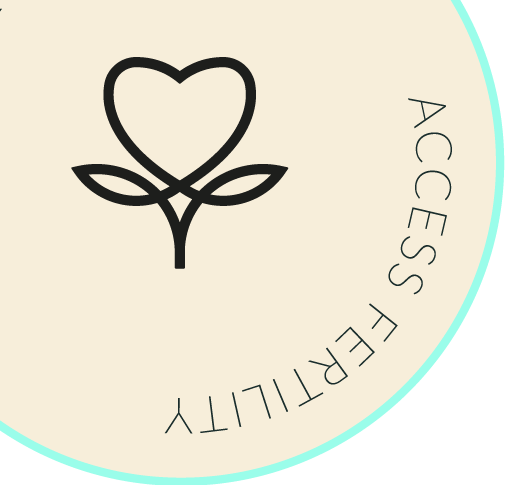Why freeze my eggs?
Social: If you wish to preserve your fertility for reasons relating to employment, not yet in a relationship to start a family, or not sure about if and when to start a family.
Family history: if your mother or close relative has suffered premature menopause
Ovarian problems: you have recurrent ovarian cysts, endometriomas (severe endometriosis) or are due to undergo surgery that will result in the loss of the ovary or eggs.
Cancer/other medical conditions: you are having medication for cancer or rheumatic conditions such as chemotherapy that can damage the ovaries
Egg numbers and quality declines with age.
The best time to freeze your eggs is before you are 35 years old.
How long does it take?
From your consultant appointment to egg collection, treatment could take approximately 7 weeks.
If you undergo a long protocol cycle you will make about six visits to the clinic.
If you have a short protocol cycle, this will take an approximate of five weeks, and should have five visits to our clinic.
(Please note, every person we treat will have different requirements and might take longer than stated above.)
Short and Long Protocol
There are two types of ovarian stimulation cycle; long or short protocol. Many patients will do long protocol. The short protocol or antagonist cycles are often suggested for patients who have a Polycystic ovarian syndrome, as this is used to reduce the risk of OHSS (ovarian hyperstimulation), a side effect of ovarian stimulation. The protocol you will be on will be determined by one of our fertility specialists at your consultation.
Medication for both protocols will usually start on cycle day 19.
Egg Freezing Options
At BCRM we offer single cycles and a 3 cycle package. Your clinician may advise you to pursue a multicycle package depending on your ovarian reserve.
0% finance for Egg Freezing at BCRM in partnership with Access Fertility
•Spread the cost of Egg Freezing treatment
•Spread payments over 12 months with 0% interest
•Maximum loan amount of £12,000
•Reduce the financial stress by monthly payments
•Pay for all or part of your Egg freezing treatment
•Patients can take out more than one loan to fund more cycles if needed (up to £12,000 per 12 month period)
You can find out more about the Access Fertility Finance for Egg Freezing by email to support@accessfertility.co.uk or take a look at the Access Fertility Website
Egg Freezing
1. Suppressing the Natural Cycle
As a first step, you will be given medication to suppress your natural monthly hormone cycle. This will be a tablet and, depending on your treatment protocol, an injection which you can administer yourself daily. This medication treatment continues for about two weeks.
2. Boosting Egg Supply
After your natural cycle has been suppressed, you will be given a type of fertility hormone known as a gonadotrophin. You will usually take this as a daily injection for around 12 days. The hormone will increase the number of eggs you produce.
3. Ultrasound Scanning
At BCRM we will monitor your progress throughout the drug treatment through vaginal ultrasound scans and, possibly, blood tests. Between 34 and 38 hours before your eggs are due to be collected you will be given a hormone injection to help your eggs mature. This is likely to be human chorionic gonadotrophin (hCG).
4. Collecting the Eggs (Transvaginal Oocyte Recovery)
A hollow needle is attached to the ultrasound probe and is used to collect the eggs from the follicles on each ovary. Afterwards, you may experience some cramps, feel a little sore and bruised and/or experience a small amount of bleeding from the vagina.
5. Freezing the Eggs
Your collected eggs will then be prepared, vitrified and and safely stored in our lab - ready for you to use in the future.

